Brief Note on TCI Integrity Commission's Background

Franklyn Missick’s Building, Church Folly, Grand Turk

C204, Cabot House, Graceway Plaza, Providenciales
The Integrity Commission of the Turks and Caicos Islands is an independent, anti-corruption Agency that was established by the Integrity Commission Ordinance 2008 and formally inaugurated in May 2010. It is now enshrined in the TCI Constitution as one of the Institutions protecting good governance.
The Commission functions through a Chairman and 5 other members who meet at least once every month to decide on all matters within the constitutional and statutory remit of the Commission. Members are appointed by the Governor in the manner prescribed by the Integrity Commission Ordinance as amended. Its daily operations are carried out by a Director-led executive team comprising broadly of Compliance, Enforcement, Public Education, and Administrative Units. The executive and other officers are appointed by the Commission, acting within the funds and resources available, on such terms and conditions as the Commission shall determine.
Following the Sir Robin Auld Commission of Inquiry Report 2008-2009, the Commission was formally established in 2010. Despite limited resources at the onset, the Commission has made significant progress in laying the foundation framework of good governance upon which integrity, honesty, and good faith in Public life in TCI will, with time, flourish as a way of life. These include:
- By appropriate amendments to its founding Ordinance, the Integrity Commission Ordinance (the Ordinance), the Commission has not only doubled the number of persons in public life who are subject to making declarations under this Ordinance but has been able to ensure more than 90% compliance rate.
- The formulation, preparation, and publication, after island-wide consultation, of a comprehensive Code of Conduct for Persons in Public Life, including Ministers and other Members of the House of Assembly, Public Servants, Members, Chief Executives and Executive Officers of all Statutory Boards and other Bodies subvented from the public purse. This Code is one of its kind in the Caribbean and the first in the UK Caribbean Overseas Territories
- The preparation and tabling before the House of Assembly of a Report on the Remuneration and Allowances of the Speaker and Other members of the House of Assembly.
- Robust implementation of the provisions of the Political Activities Ordinance (PAO) in relation to political financial activities before, during, and after the elections and continuing. This included the monitoring of political donations and election campaign expenditure and publication of same. The PAO is also the first of such legislative regimes on political financing in the Caribbean.
- It has established a whistle-blowing regime against a backdrop of growing public confidence and trust in the Commission to deliver on its anti-corruption mandate; this has resulted in an increase in the number of persons coming forward with complaints/allegations of corruption in public life.
- It has carried out a number of anti-corruption reviews/examinations of processes and practices of Departments, and investigated allegations of acts of corruption. The result of these investigations is the successful prosecution of corruption charges against certain public officials and a number of more to follow.
- Compilation and maintenance of Register of Interests for Members of the House of the Assembly. The Register is now available for public inspection at every sitting of the House of Assembly and the offices of the Commission in Grand Turk. Copies of the Register are now available for public inspection in the Elections Office, Providenciales, and in the family islands through the respective offices of the District Commissioners.
The Integrity Commission Ordinance has been severally amended, partly to reflect the realities of the practical outworking of the Ordinance and to bring it into conformity with the new Constitution of TCI. All these amendments, to the credit of the AG Chambers, have now been consolidated into one complete and revised edition showing the law as of 31 July 2013. It was published in the Government Gazette Vol.164 No. 34, issue of August 16, 2013.
In furtherance of its compliance and investigative functions, the Commission receives and deals with very sensitive and private financial information of Persons in Public life and other persons. The legislative scheme within which the Commission operates accordingly places very heavy confidential obligations on the Commissioners as well as its staff members. See secs. 33 and 60 of the IC. Ordinance.
To this end, both Commissioners and staff are required to take an oath of secrecy. In addition, a breach of this confidentiality obligation is a criminal offense and attracts very stiff penalties. The Commission and its staff members take this obligation extremely seriously and request those dealing with the Commission to respect such policies and guidelines that are in place to ensure rigorous compliance with this confidentiality obligation.
